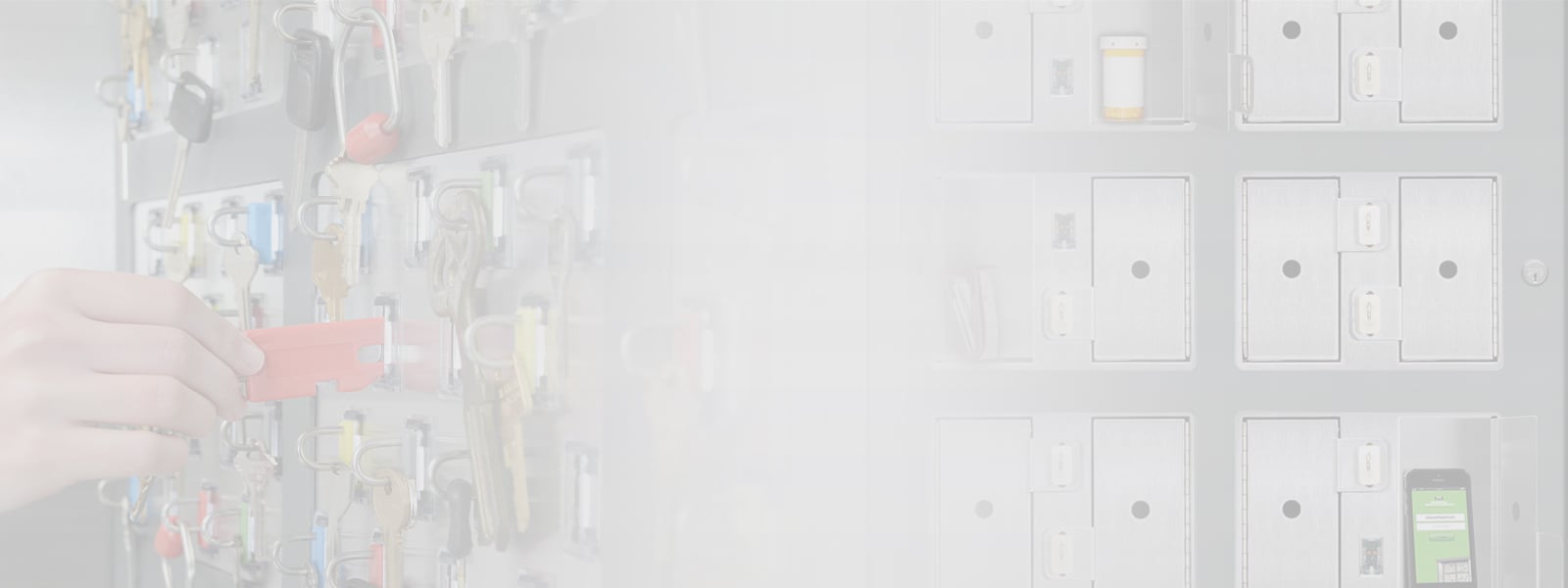- About
- Products
- Markets
- Resources
- Configurator
- Intelligence
- Contact

Today’s healthcare organizations are taking a risk-based approach when planning security strategies for protecting patients, staff, visitors and data. By looking at industry challenges, and analyzing their own information, each individual facility can identify priorities in assessing threats and determining best practices for maintaining a safe and secure environment.
The primary use for key management is right in its name – most applications use it to control and manage their physical keys. By protecting keys, organizations are helping to control access to areas that utilize physical locks.
The fast-paced, full-contact world of sports pushes the human body to its limits as athletes become ever stronger, jump higher, and run faster to compete at the top levels of myriad sporting disciplines. And as we push the human body in pursuit of sporting greatness, we also open ourselves to the possibility of injury. The healthcare industry and sporting associations have long worked together to treat injuries as they happen, understand why the injury occurred, and work to prevent future harm.
In Japan, it is customary to remove one’s shoes when entering a home, temple or shrine. Italians usually only drink cappuccino in the mornings. Don’t expect to go shopping on Sundays in Vienna because all the stores are closed. In Costa Rica, one is not expected to tip the wait staff as a service charge is already included in the bill.
Access control systems for health care facilities can be designed in a number of ways and often include solutions such as card access systems (proximity or swipe styles), locks and keys, and even security guards. Along with these measures, one of the most frequently implemented and effective security solutions is an automated key control system with tracking capability.
Morse Watchmans Incorporated – USA
2 Morse Road
Oxford, Connecticut 06478
Phone: 203-264-4949
Toll Free: 800-423-8256
Fax: 203-264-8367
Email: morse@morsewatchman.com
Morse Watchmans UK Ltd. – UK
Unit B Swift Park, Old Leicester Road
Swift Valley Industrial Estate
Rugby, Warwickshire CV21 1DZ
Phone: +44 (0) 115 967 1567
Email: morseuk@morsewatchman.com
© Copyright 2025 Morse Watchmans - Key Management Systems and Key Control Software. All Rights Reserved.
Privacy Policy, Terms of Sale, Terms of Purchase